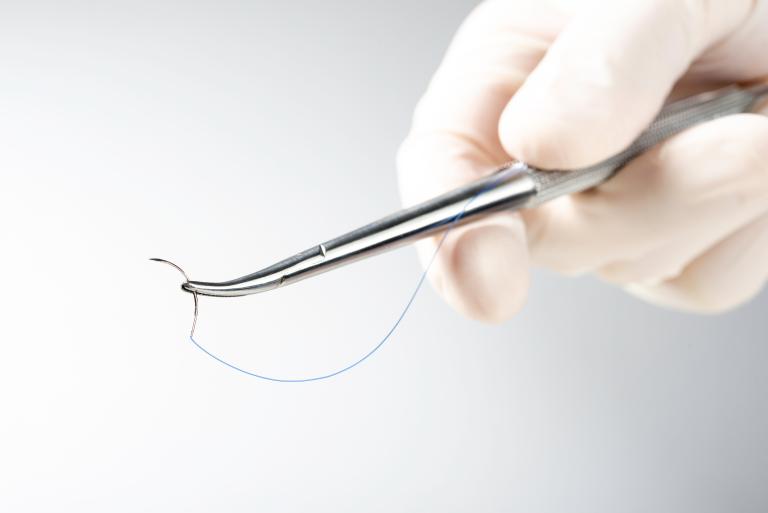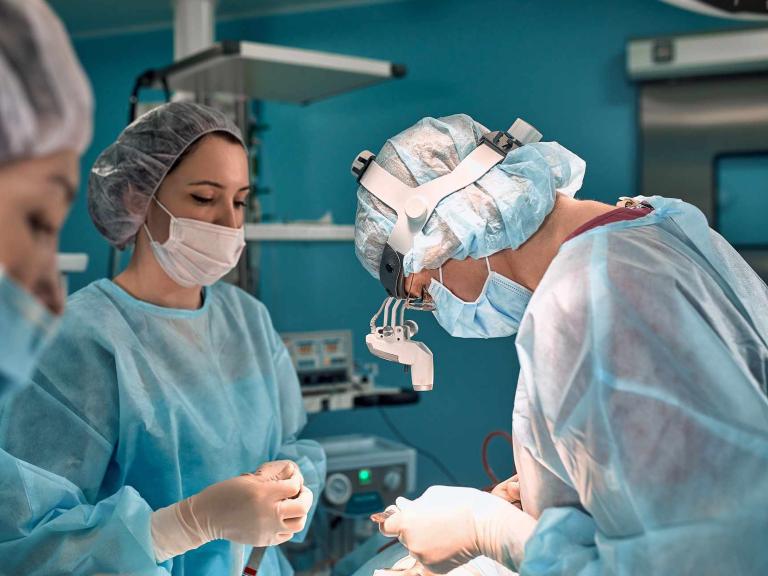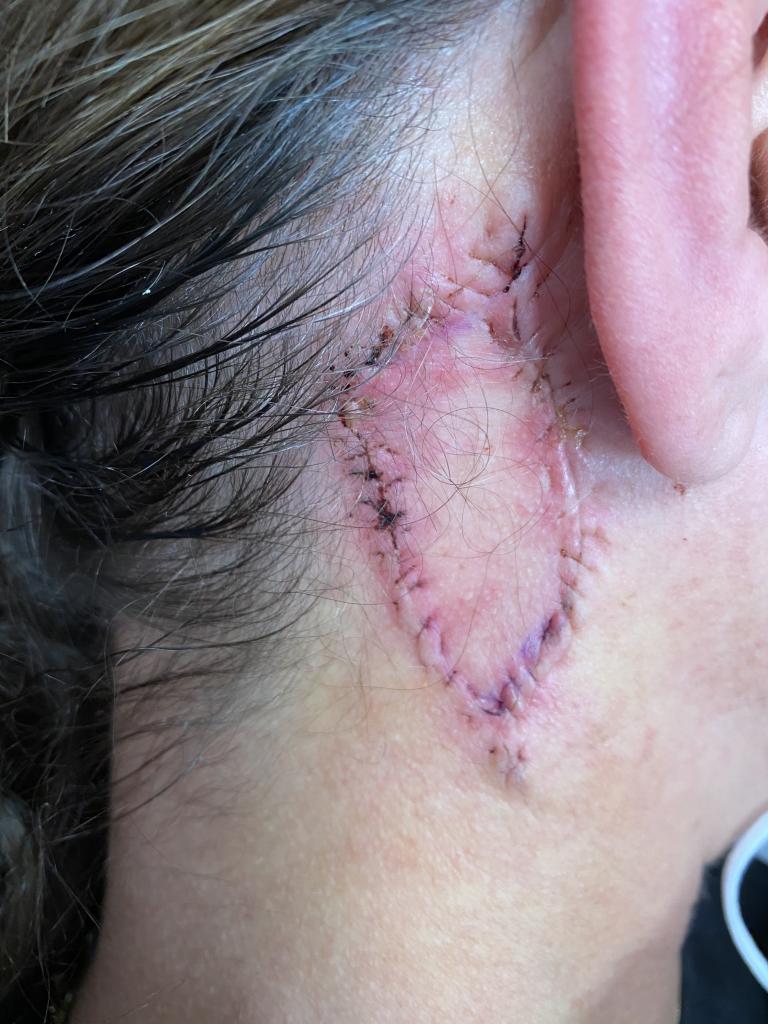
What is skin flap surgery?
A skin flap is similar to a graft in that tissue is transplanted. The essential difference is that a flap has its own blood supply. With a flap, larger amounts of tissue can be used, including muscle if required. The surgical technique to harvest and to move this tissue is complex. The surgeon has to harvest not just the block of tissue to be moved, but also the blood vessels (arteries and veins) that feed the tissue block. Compared to a graft, a flap requires more planning and more surgical skill.
Why is it done?
Skin grafts and flaps can be used to treat a number of different conditions. The most common are:
- Extensive trauma
- Chronic wounds
- Severe burns
- Areas of prior infection
- Reconstructive surgery following major surgery for cancer
What are the benefits of having skin flap surgery?
Skin flap surgery generally provides excellent aesthetic results. In order to do this however, you require good cancer clearance. You may need multiple stages of additional surgery to shape the tissue flap and ongoing surveillance may be more difficult for Doctors that are not familiar with this type of surgery.
